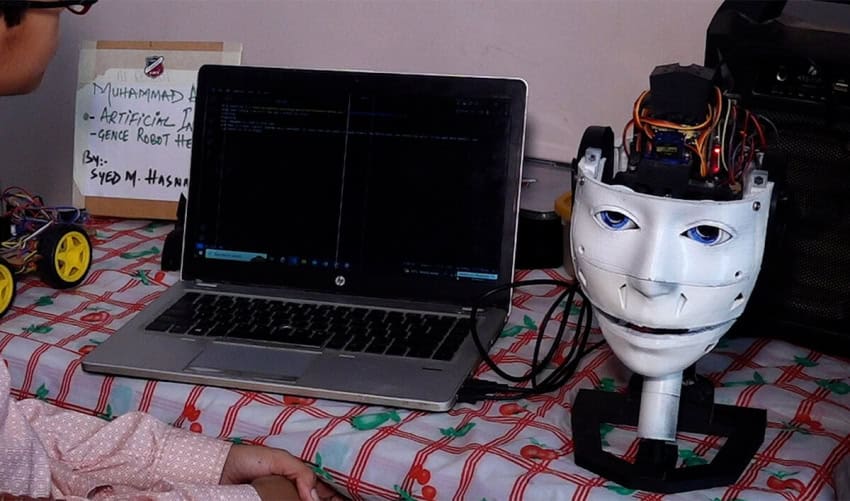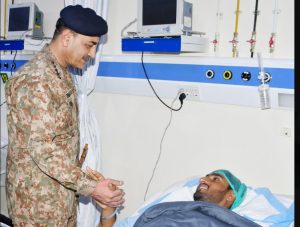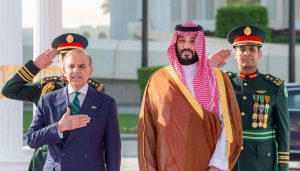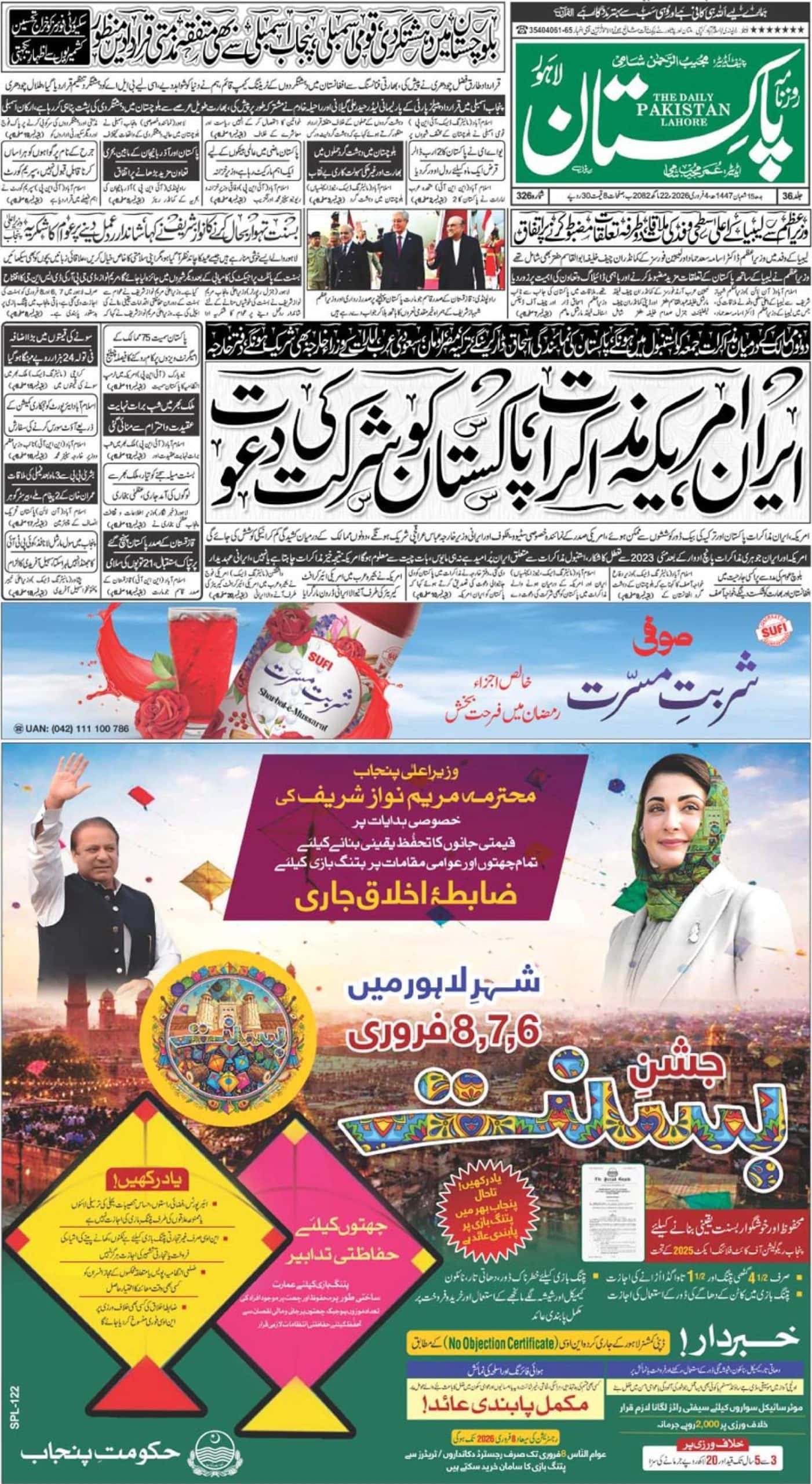Muhammad Hasnain typed briefly on his laptop before asking aloud, “Muhammad Ali, what is Arab News?”
A blue-eyed robot, consisting of a white head with a mesh of wires for hair, responded in a computer-generated voice, “Arab News is a Saudi English language daily newspaper. It covers news and events in Saudi Arabia, the Middle East, and around the world.”
Muhammad Ali, the robot, can do much more than just answer questions. Ask him how to make biryani or brew a hot cup of tea, and he’ll provide the instructions. He can also operate home appliances, play movies, or perform online searches with just a voice command.
This AI assistant was created by Hasnain, an 11-year-old who recently completed the sixth grade. He built Muhammad Ali as part of a summer project for a free robotics training course he attended in his hometown of Karachi.
“This is an AI assistant robot, and its name is Muhammad Ali,” Hasnain explained to Arab News at his home. “This AI has a personality and a face, so it feels like you are talking to a person.”
“It has some extra features, such as home automation, which allows it to control home appliances or search for anything on command. Additionally, it acts as an assistant for me, so it can help with other projects I’m working on.”
Hasnain’s passion for science and technology began at a very young age. In 2022, he built a Bluetooth-powered car as a summer project, followed by a virtual reality game in 2023. Now, he has created Muhammad Ali, who he believes stands out from other AI chatbots because “he has a personality and a face.”
Hasnain feels that leading AI chatbots like GPT, Gemini, and Claude lack something important. “What today’s AI lacks is personality. It feels like there’s a robot stuck in your smartphone that can only talk to you via texts. Some have a voice feature, but this one has a personality and a face.”
Hasnain describes Muhammad Ali as a Muslim and a Pakistani, with the primary goal of being “kind and helpful.”
“When it was still in development and only the eyes were created, he was aware of that too,” Hasnain said. “He knows what’s going on around him.”
Hasnain’s father, Syed Faraz Haider, noted that his son had always been drawn to interests that were “unusual” for his age.
“He has been extraordinary in terms of his learning capabilities since he was very young,” Haider told Arab News. “His memory is incredibly sharp. Once you tell him something, he won’t forget it,” he added, recalling how Hasnain could read entire chapters and then write them down from memory.
Shakeel Abbas, Hasnain’s teacher who runs the institute where he took the robotics class, said he helped Hasnain obtain the equipment for the robot, but the rest was all Hasnain’s work.
“The entire idea and coding were done by Hasnain,” Abbas said. “We initially provided the guidelines and training for the courses. He is self-sufficient now.”
Looking ahead, Hasnain aspires to pursue a career in robotics and game development. He also hopes to give his robot, currently just a head with wires, a full body and is planning a virtual reality project for next year.
“I want to add a camera to Ali so he knows who he is talking to,” Hasnain said. “Or create his entire body—that would be a great task to take on.”













